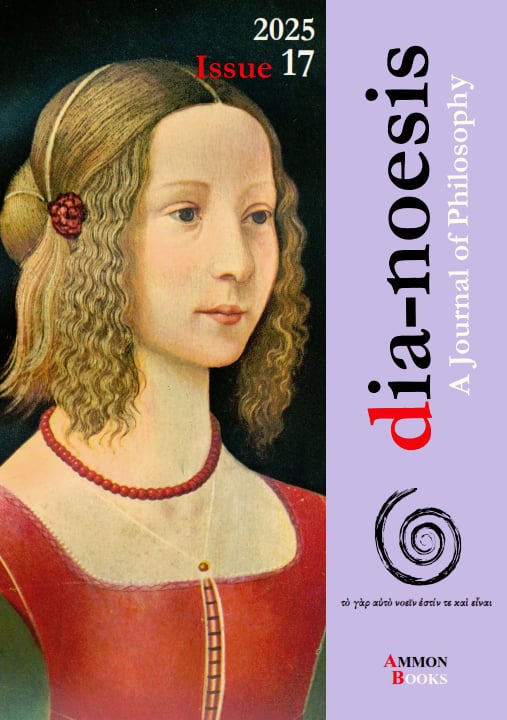Diotima: the feminine perspective in a symposium of men on the topic of love (Plato, Symposium)

Abstract
This article focuses on the figure of Diotima in Plato’s Symposium, examining the philosophical depth and symbolic significance of her presence within a predominantly male discourse on the nature of love. As a female figure and spiritual teacher of Socrates, Diotima offers a radically different interpretation of love—one that transcends mere physical or aesthetic desire and redefines it as a means of spiritual elevation and philosophical pursuit of the Good and the Truth. Her contribution marks a pivotal moment in the dialogue, as it shifts the emphasis from the object of desire to the very process of intellectual and spiritual self-realization. The article explores Diotima’s function and rhetoric as a female presence within a philosophical context dominated by male voices, highlighting the uniqueness and enduring relevance of her role in Platonic thought on love.
Article Details
- How to Cite
-
Vassi, P. (2025). Diotima: the feminine perspective in a symposium of men on the topic of love : (Plato, Symposium). Dia-Noesis: A Journal of Philosophy, 17(1), 215–234. https://doi.org/10.12681/dia.41712
- Section
- Articles


